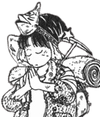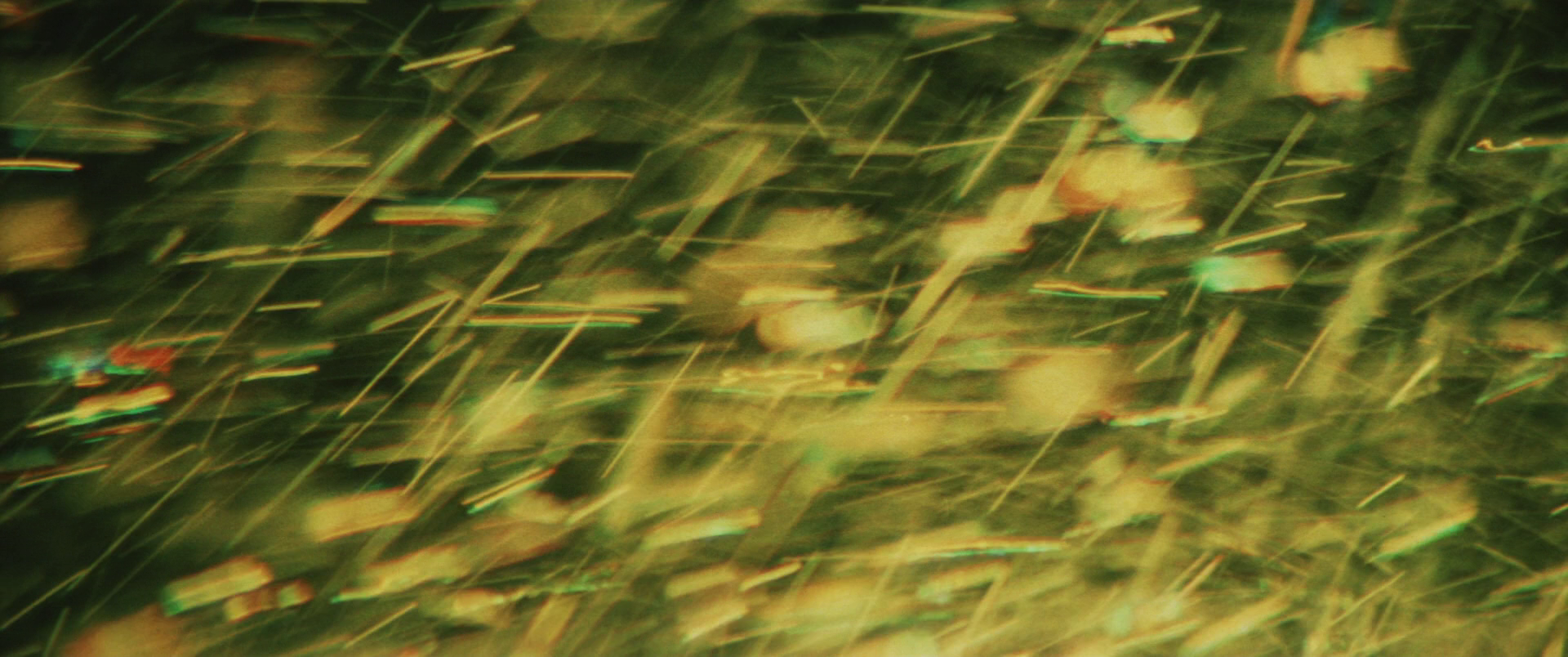Talking books | The Summer of the Ubume
The tragedy of mysteries and the mysteries of the truth.
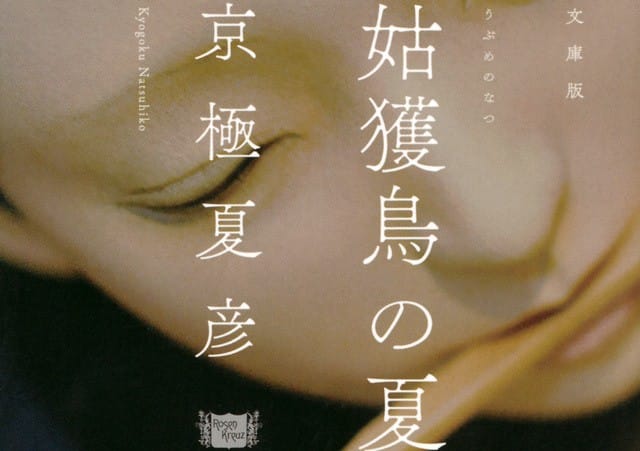
There are no mysteries in the world. Not really.
It sure seems like it, though. Every moment of life feels overwhelmed with the unknown, the unexplained and the inexplicable transforming near every object and experience into one defined by what you don't know. Everything around me is constantly suspended in an infinite ocean of uncertainties. I don't know how my computer works, how the electricity moves in order to create image, but I know that it does. I don't know how my hands know how to type, or how my brain knows to make words and find meaning from them, at least not on any real level. I don't even know what I think or feel more often than not, only that I do. It's all vague and theoretical to me; even if I could explain, it'd just be a performance of surface understanding.
I live trapped in mystery. We all do. It's everything, it's everywhere. And yet none of it is true.
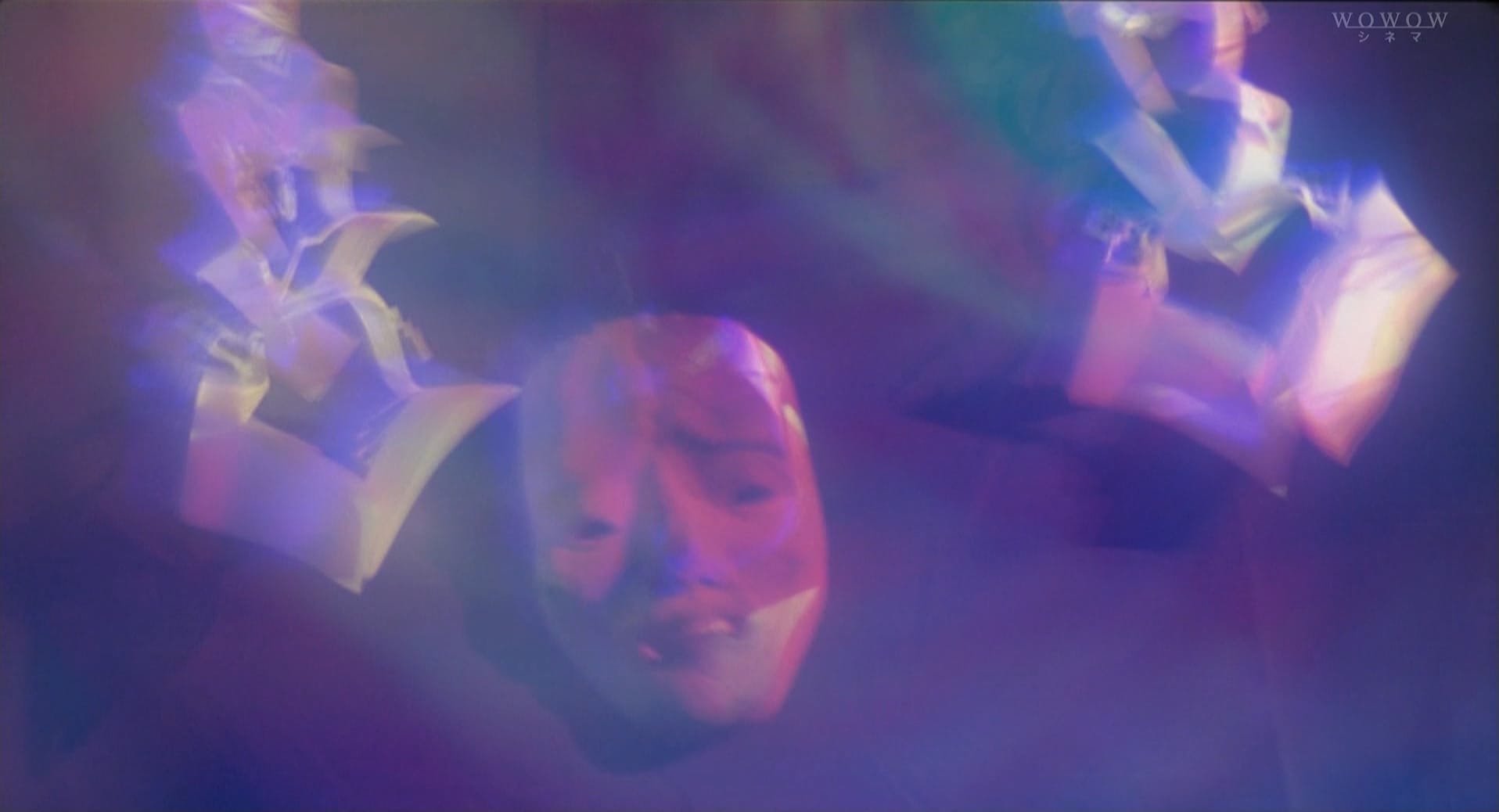
The Summer of the Ubume loves mysteries and hates them in equal measure. A titanic novel by Natsuhiko Kyogoku, signaling the start of his legendary Kyogokudo series (also known as the Hyakkiyako series) which has ballooned into a powerhouse franchise enjoying multiple adaptations across mediums — film, anime, manga, theatre — as well as spin-offs in all those mediums and an allowance for expanded works from other authors in the same "world", Ubume is a monstrous thesis in the shape of a story. It's a cruel examination of our crude grasp on reality, on the shifting nature of truth, on the tragedy of mystery.
Following the investigation of a man who vanished like smoke from a locked room, a hospital where newborns have gone missing, and a woman who has been pregnant with the same child for twenty months, Ubume is a novel that opens with a nearly 100 page lecture on the psychology of ghosts and doesn't let up much after that, relentlessly exploring and complicating a dense worldview of folklore and spirits and belief in the modern age. Ghosts are the products of the brain, the bookseller-cum-exorcist Kyogokudo tirelessly explains; the objective reality or unreality of spirits doesn’t matter because we make them real on a individual and collective level through belief. And much like a placebo, if one believes strongly enough, then the unconscious will do anything necessary to fit it into the world.
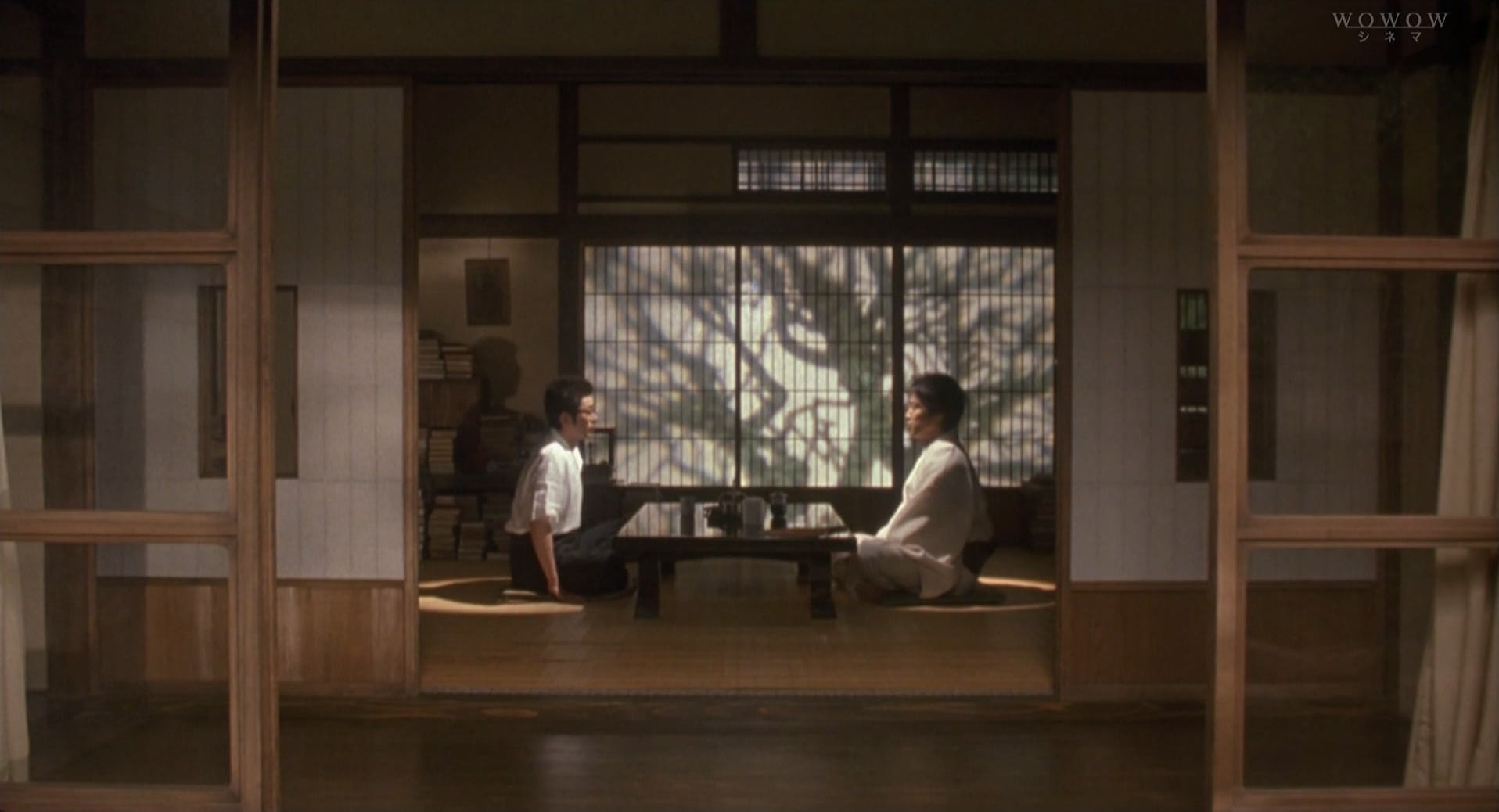
Despite how dozens of pages of arguments on the metaphysics of the undead might sound to some, The Summer of the Ubume is deviously readable, couching its complex web of ideas in snappy, propulsive dialogue and indelible imagery as what you once thought was objective and true starts drifting away into a horror-tinged dream of uncertainty. Memories and fiction seep insidiously into the present — a ghostly figure, a haunted room, blood and chimes and whispers from no one — twisting reality into its true shape: something much vaguer and looser than any of us are comfortable admitting. It proves its point time and time again, drilling into your brain the way the supernatural can so easily be born from suggestion, and then making you, the reader, start to believe yourself. Maybe, you begin to think, this really is the story of a haunting. Maybe there really are such things as ghosts.
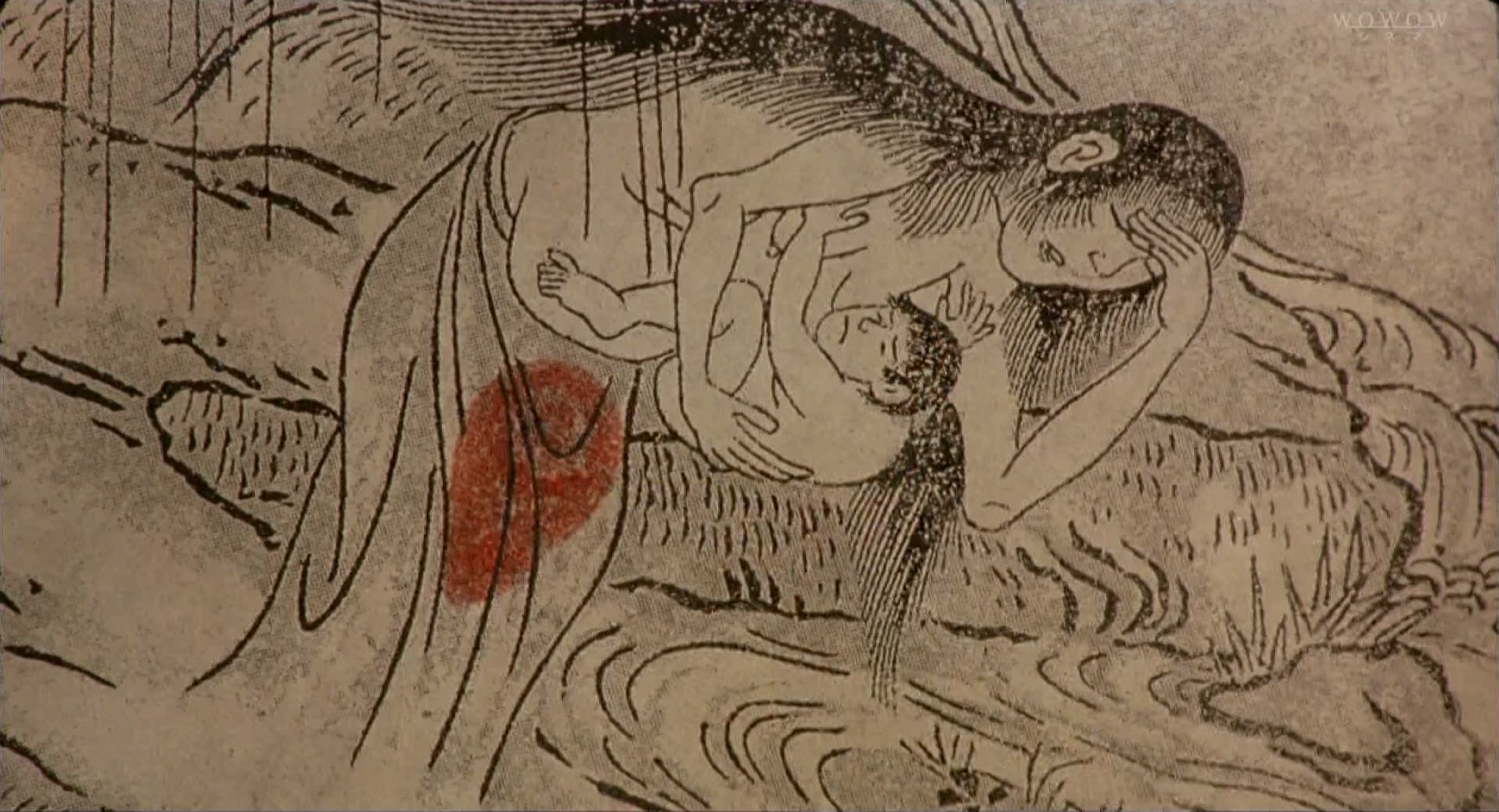
Natsuhiko Kyogoku is notoriously particular with the design and layout of his books, pulling off the frankly mind-boggling feat of ensuring that you never need to turn a page to finish a sentence. Open a copy to any point and see: one side will be a sentence that begins and on the other, a sentence that ends. Throughout the entire 620 page tome, there isn’t a single exception to this rule. But his formatting sensibilities go even further. Perhaps influenced by the desire for this almost perfect symmetry, he displays a real willingness to let sentences hang by themselves, long monologues interrupted by sudden line breaks — sometimes in the middle of a sentence — to turn a single line in into an ominous bomb, Kyogoku using his carefully planned layouts to force the reader into the specific rhythm he desires, speeding up and slowing down your very reading pace exactly how we wants.
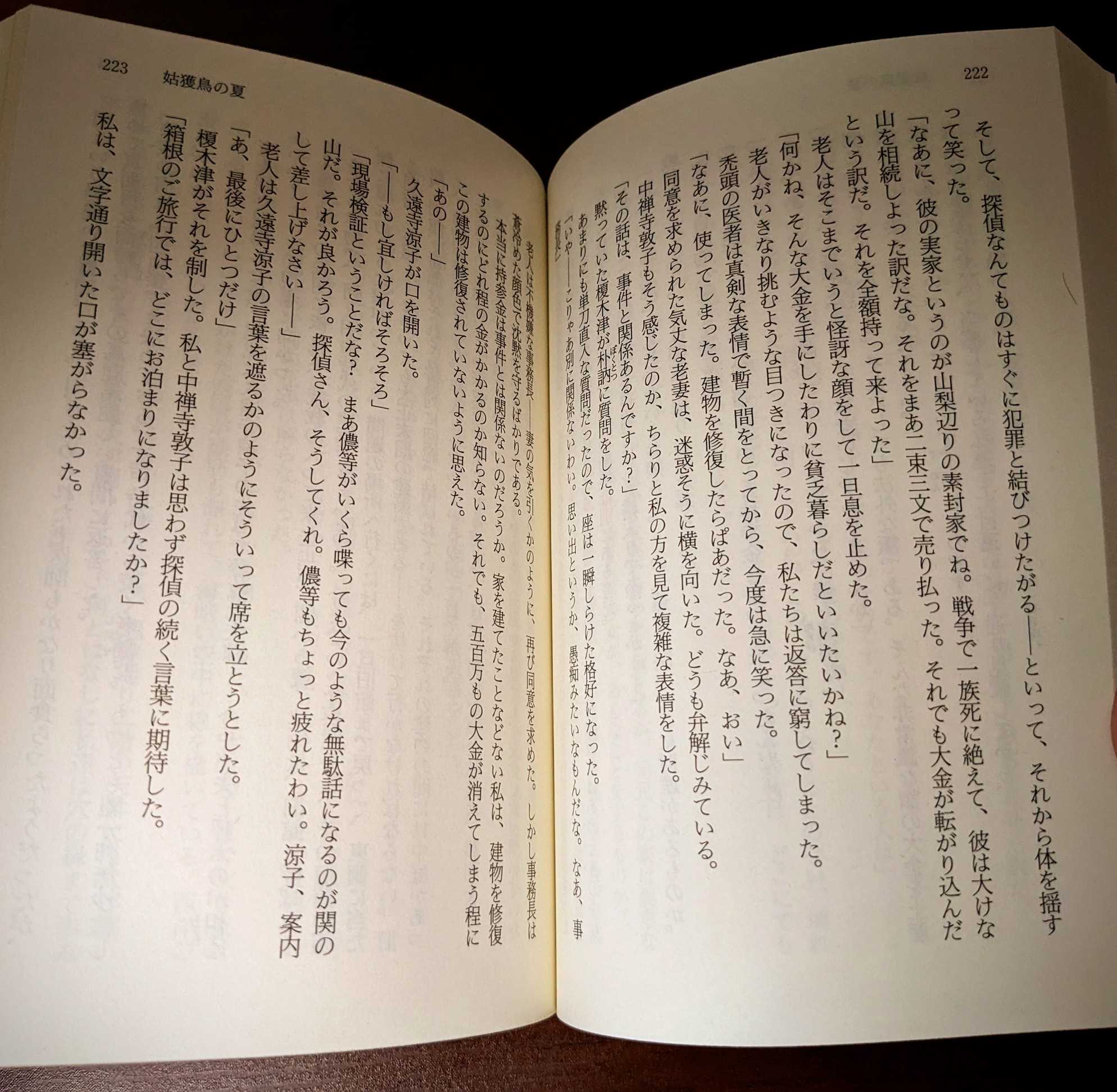
And besides just being extremely cool from a design perspective, this rigor is essential to the tone of the story. To read The Summer of the Ubume is to open and live in a world of harsh order, of militant rule. It's a story imprisoned by strict, suffocating structure. In that way, the novel tells its entire story in its own existence, in the physical book itself. It is the the “exorcisms” carried out in the novel actualized into the concrete: a lulling, rhythmic series of suggestions and deductions based on nothing but reason and psychology that trick his subject’s brains into materializing that which isn’t there. Within the book, its hypnotism through words. Outside of it, it’s hypnotism through the page.
In The Summer of the Ubume, there is not such thing as true mysteries, as the unknown and unknowable. It’s all logic, all systems, all order. It's just that once you open the pages of life up, it seems like anything but.
So what is The Summer of the Ubume — what is anything — if not a mystery? Well, it’s a tragedy.
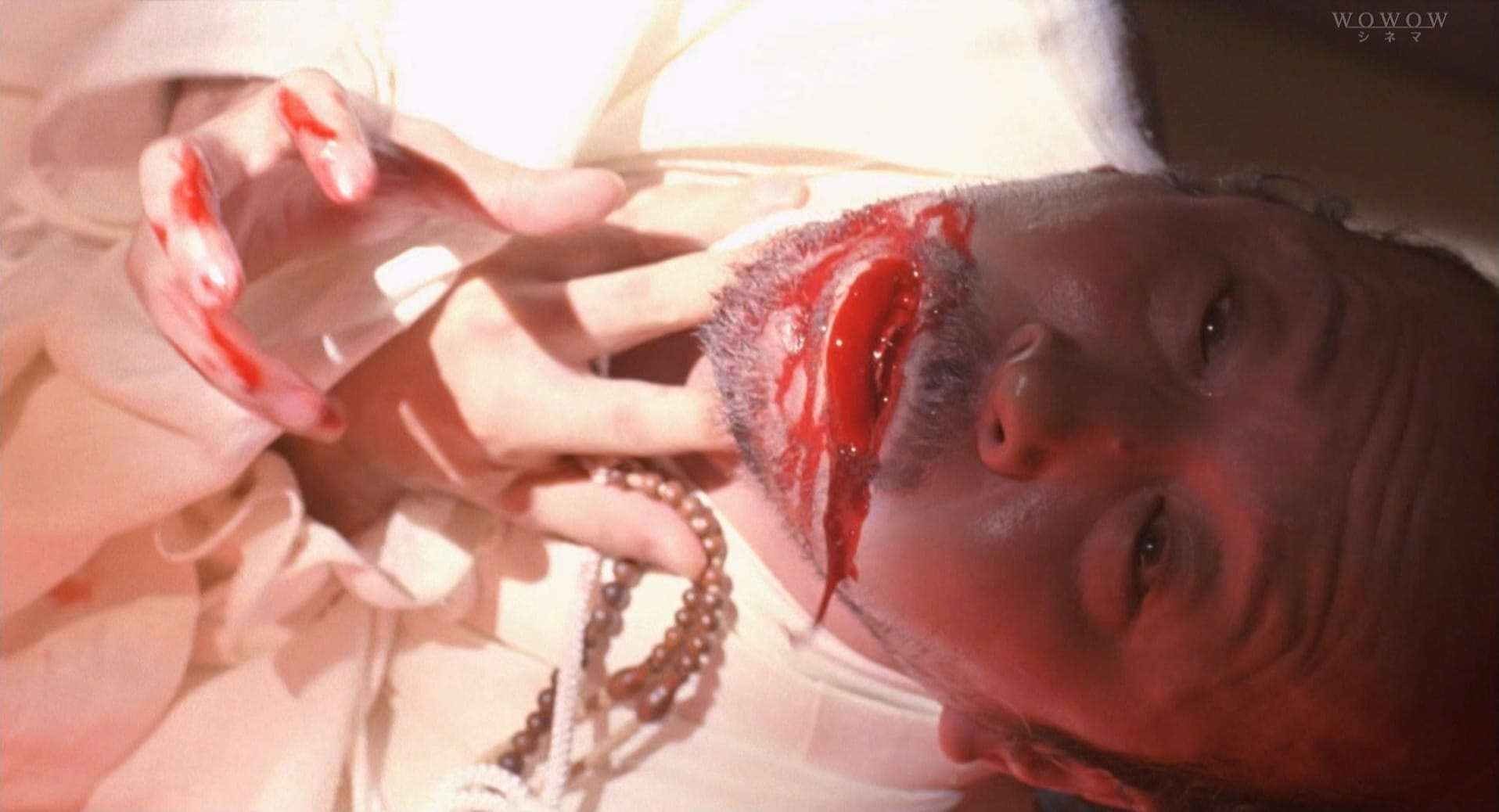
Most all mysteries worth anything are ultimately tragedies. They have to be. It is a cruel genre built on the games of death, of turning murder and its mechanics into fun little puzzles and thought experiments. To enjoy a mystery story is largely to enjoy suffering, to delight in death, to fantasize about the worst we are capable of. I love the genre (it’s become my favorite type of genre fiction over the years) but there’s no denying that so often, the victims become toys to play with, their pain just another fun piece to slot into the picture.
I won’t spoil the answers to the questions that drive Ubume, where the babies and the man have gone and why the woman remains pregnant, but the truth lurking behind the horror is harrowing. The final 100-200 pages is a real day ruiner, a cavalcade of tragedy tuned to their melodramatic heights. It’s suffering on suffering perpetuating more suffering because everyone has been made to believe that that’s the way of the world, that’s how spirits work. There's no celebration to be found here; even the reveal of the locked room disappearance, what should be a thrilling moment of thigh-slapping eureka, is rendered hollow by just how simple and sad and absurd it all is.
And to pile on to it all comes the narrator, deeply anxious and depressed and neurotic, and the reveal of how he fits into this tapestry. Again, no spoilers, but his role in the story is genuinely shocking and awful (in the feel bad sense, not quality). Through his own actions and sins, he creates this story, The Summer of the Ubume, and wills it into reality. He tries so hard to hypnotize us and himself into believing in ghosts, into turning spirits real, into letting mysteries thrive. The unknown and the collapse of logic is the only way to make it all make sense, after all. It’s the only way to accept what we are.
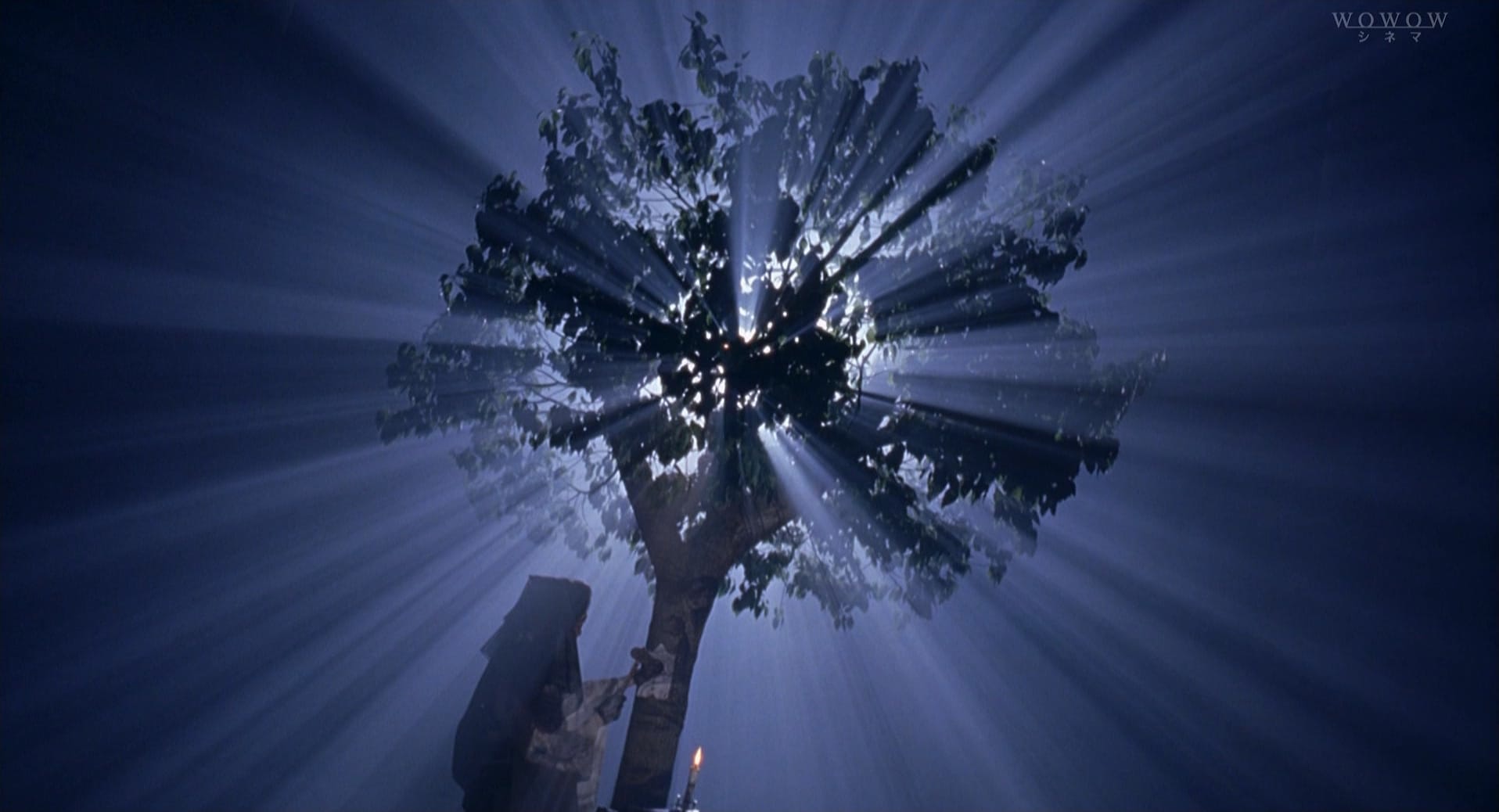
The world is nothing but a placebo. We hoist belief upon its blank canvas and make it all turn true. We believe and so it becomes real. A ghost isn't a ghost, but memory and regret; a possession isn't a possession but a confrontation of the past; a mystery isn't a mystery but a way to obscure tragedy, to turn our pain into a puzzle that can be solved.
There are no mysteries in the world. Not really. Just ghosts and answers we wish we never knew.
Music of the Week | Yellow Rap Culture in Your House by Various Artists
A small four track compilation of 80s hip hop artists, this obscure release is a great glimpse into the early world of hip hop in Japan--a world that people don't see much. And it's a total party! Lots of scratching, classic DJ call and response rapping, and grooves to keep a room dancing. Special shoutouts have to be given to the second track, "K.P." by DJ Krush Posse, though. That's the first released track from a group including legendary beatmaker DJ Krush, and Muro on the mic, who would similarly change the game with the group Microphone Pager. Love this whole release, but that one track feels like what it is: the start of something special
Book of the Week | Sherlock Academy by Kaho Ishida

The start of a currently running light novel series, Sherlock Academy is, as the title suggests, a mystery…but with anime teens. And yeah, it’s extremely light novel—transforming mystery conventions into a sort of literal battle with points to earn against a cast of cute girls representing the author’s not-at-all disguised shortstack fetish—but it’s a solid one, with fun, ridiculous world-building and a rock solid pace. More importantly, it’s also a solid fair-play mystery that isn’t using the genre as set-dressing, bolstered by a delightful gimmick where sentences containing clues are bolded!
Movie of the Week | Dollhouse (dir. Shinobu Yaguchi, 2025)
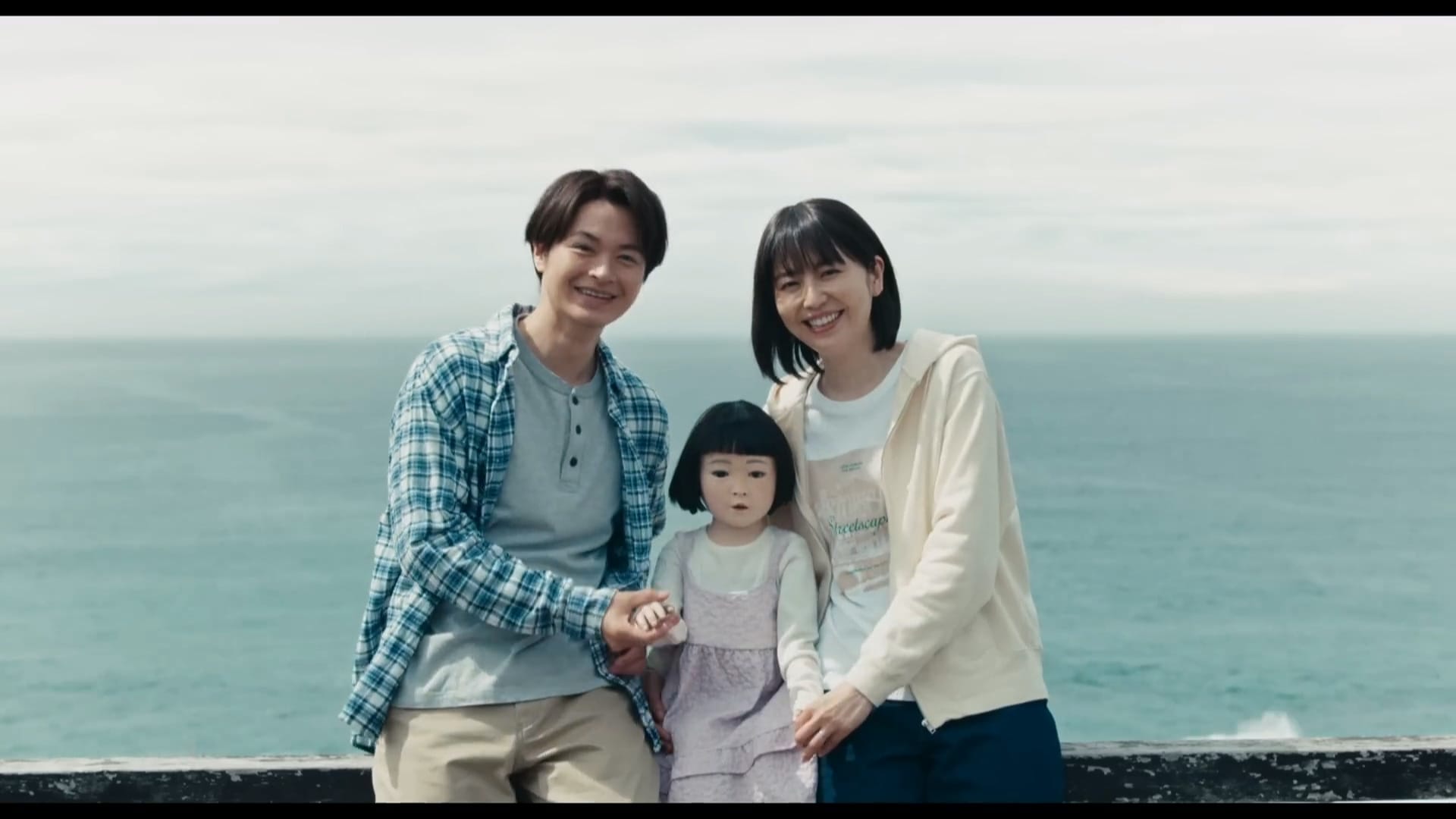
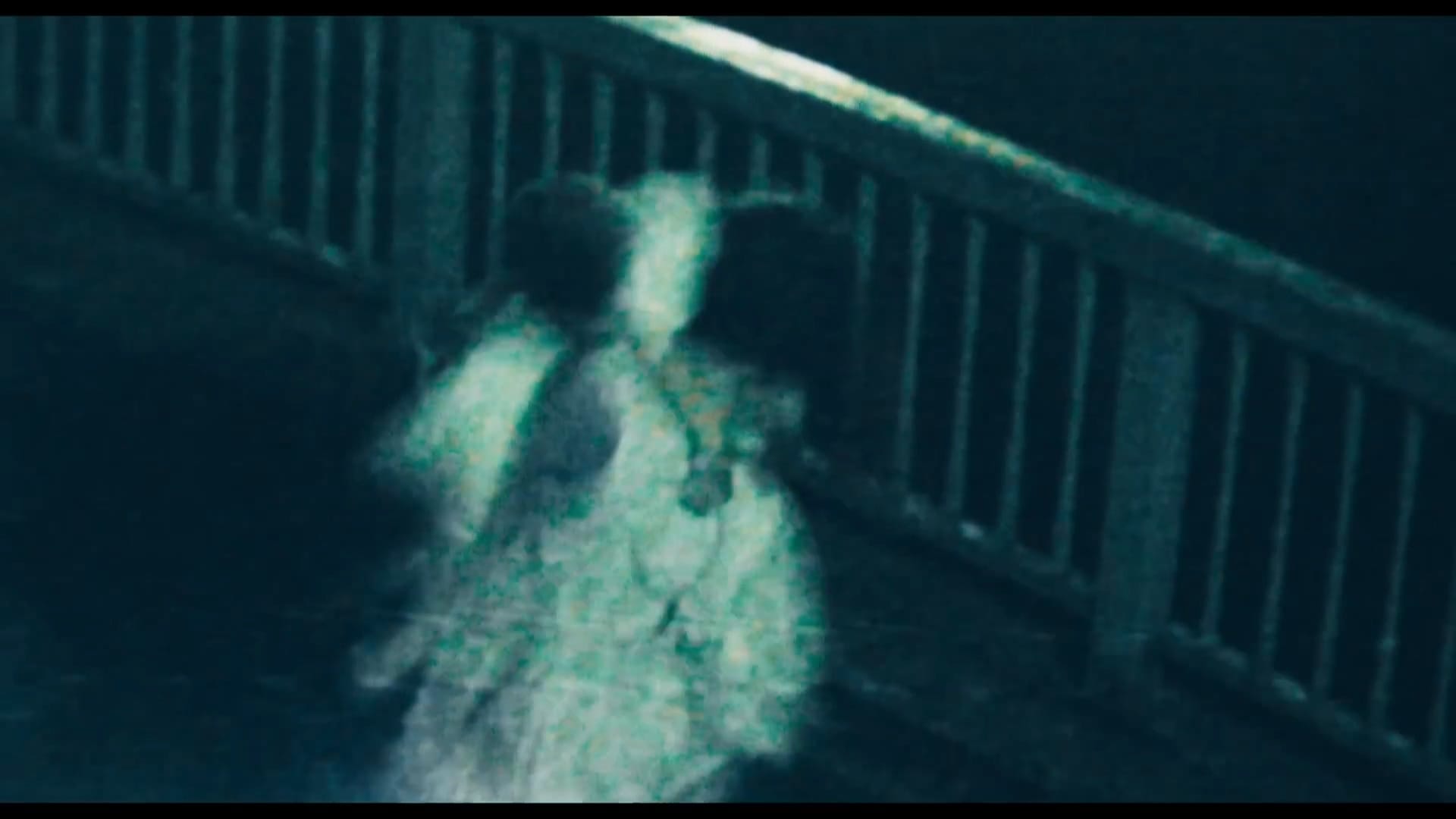
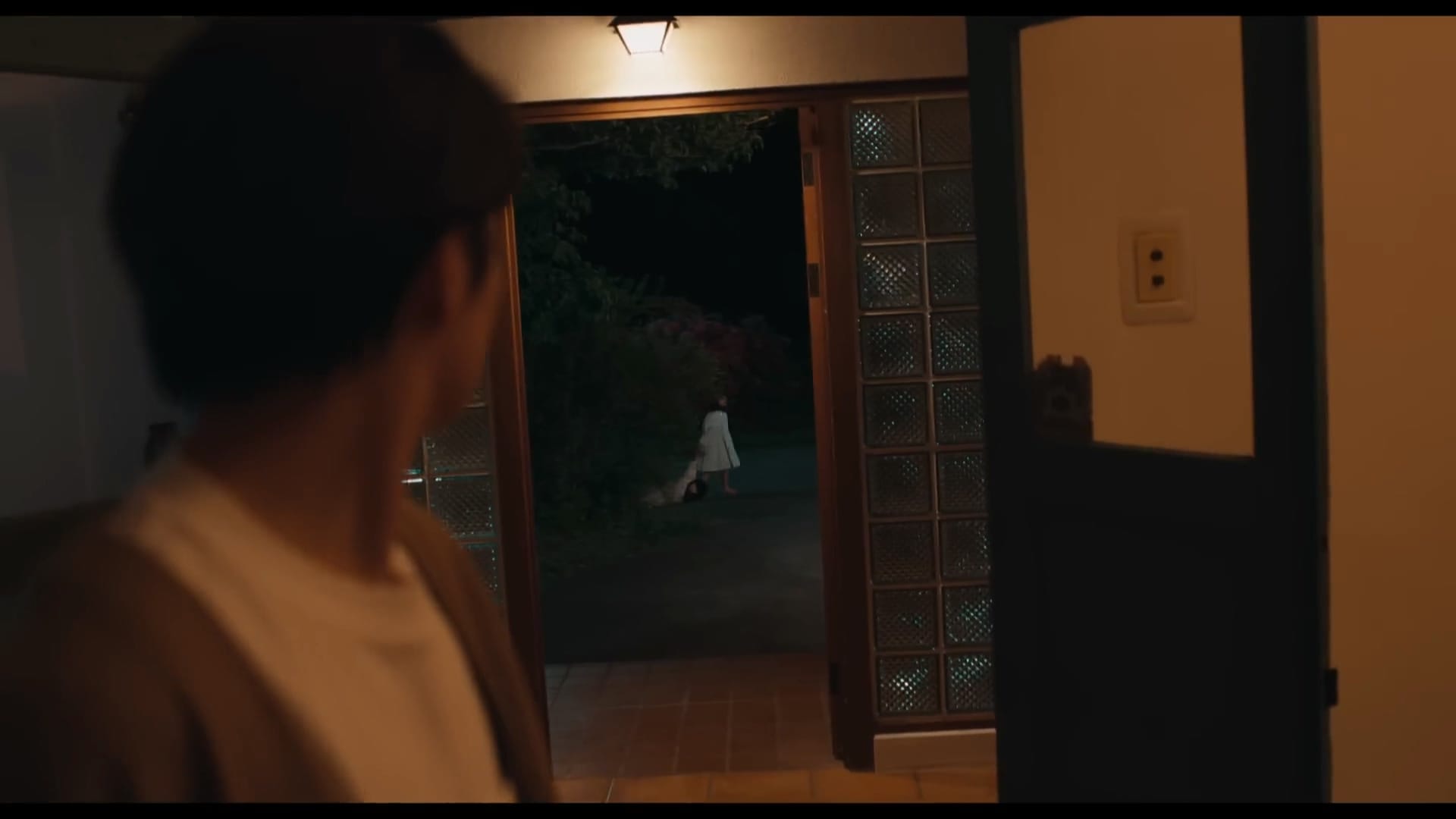
Shinobu Yaguchi has earned his status as the world's king of good vibes cinema with uplifting comedies like Water Boys, Wood Job, and Swing Girls (a perfect masterpiece btw). But his latest sees him returning to a genre he hasn't touched in more than twenty years: horror. Turns out, Mr. Nice is just as capable at being mean, because Dollhouse is everything you could want from a summer spookster. Following a couple who buy an old, definitely not evil, doll as replacement therapy for a lost child, it moves with a propulsive and constantly evolving energy, this managing to have supernatural shocks, occult investigations, some adventure and even comedy, all slathered with the realest, saddest anxieties you can imagine. Can't imagine wanting much more from a big horror picture!
Have thoughts about anything covered this week? Got a recommendation you’re dying to share? Want to tell me how handsome and cool I am? Leave a comment below!
as a final note, friend of the blog and of me, Matt from Star Fruit Books passed away recently. more than being an absolute shining light in the world of manga, he was one of the most kind and generous people you could ever hope to meet. keep him and his family and friends in your thoughts and consider donating to help ease the burden even a tiny bit. rest in peace.

